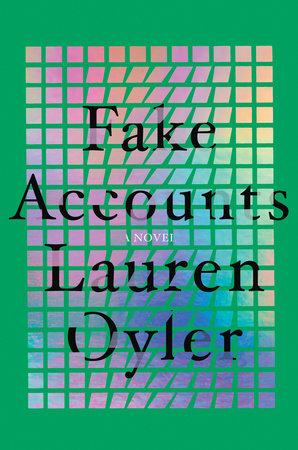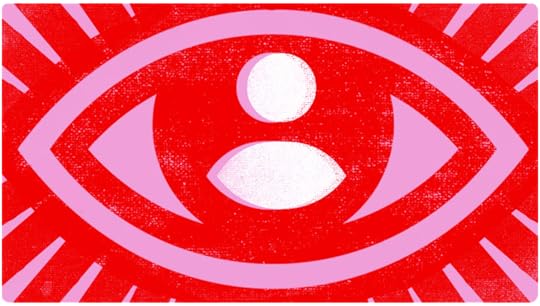What do you think?
Rate this book


272 pages, Hardcover
First published February 2, 2021
I was sleeping, gently napping when I heard the phone
Who is on the other end talking, am I even home?
Did you see what she did to him, did you hear what they said?
Just a New York conversation rattling in my head
Ooh my, and what shall we wear, ooh my, and who really cares?
Just a New York conversation, gossip all of the time
"Did you hear who did what to whom?", happens all the time
Who has touched and who has dabbled here in the city of shows
Openings, closings, badrap party - everybody knows
Ooh, how sad and why do we call, ooh I'm glad to hear from you all
I am calling, yes I am calling just to speak to you
For I know this night will kill me, if I can't be with you
If I can't be with you
I looked at my computer so often I felt sick, refreshing Twitter constantly between attempts at reading articles or sending emails. I googled “boyfriend died” and turned up several personal essays …. That I found these unrelatable seemed an indictment of both me and the essays ……….. I could find no example of the normal way to react to the death of your semi-serious boyfriend about whom you felt ambivalent at best even before you realised he was pretending to be a conspiracy theorist online.
I tried constructing hopeful analogies to the past to account for the time I wasted online, to convince myself that my drive to collect useless knowledge about strangers and acquaintances was not a new condition but merely a contemporary manifestation of a timeless problem, but any pre-internet activities I could come up with were in some way valuable: listening to the radio, tending a garden, anything classifiable as a hobby. Maybe before television and the internet people spent more time staring at the walls or ceiling but really just absent. Reading?
